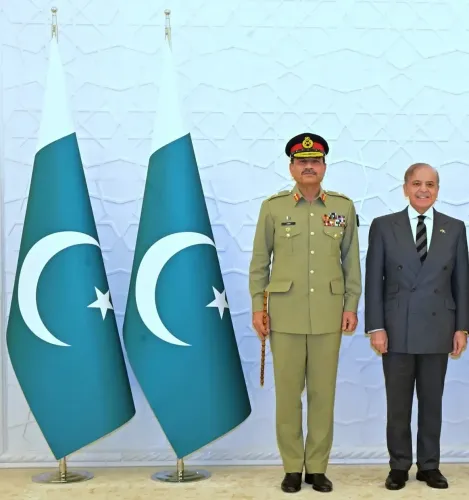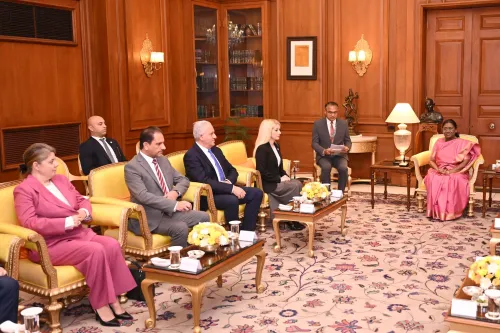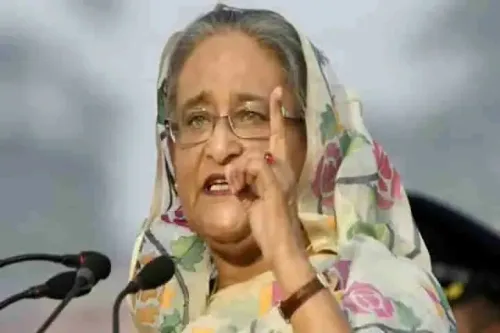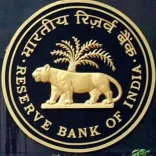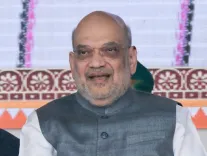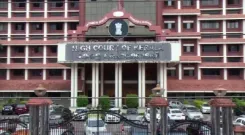Did Muhammad Yunus Steal the Renowned Microcredit Model?
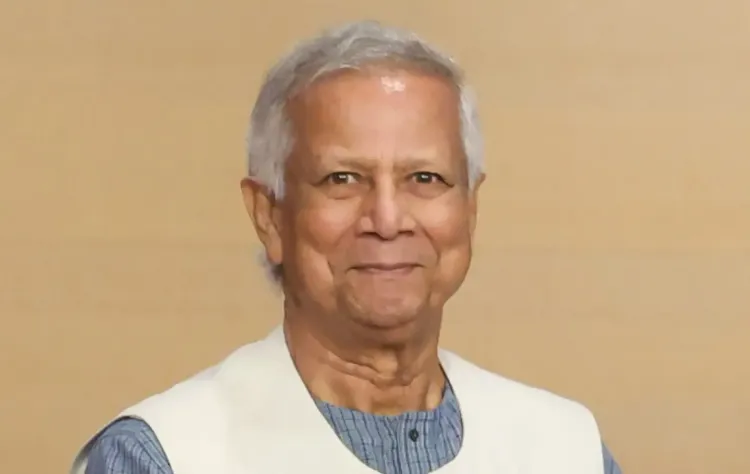
Synopsis
Key Takeaways
- Yunus's legacy is under scrutiny due to new allegations.
- Microcredit model origins may not be as Yunus claimed.
- Polash's documents challenge Yunus's credentials.
- Impact on microfinance could be significant globally.
- Future of Grameen Bank remains uncertain amidst controversy.
New Delhi, Nov 26 (NationPress) Muhammad Yunus, known as the pioneer behind Bangladesh's Grameen Bank, is facing scrutiny due to claims arising from long-hidden documents revealed by a former intelligence officer. These documents assert that the microcredit framework was initially a university research initiative, which Yunus allegedly appropriated and presented as his own.
Former Bangladeshi intelligence officer Aminul Hoque Polash asserts he has found a collection of archival records from 1976-1983 that challenge Yunus's assertion of being the originator of Grameen Bank, the establishment that earned him the Nobel Peace Prize in 2006.
Polash, who spent a decade in the National Security Intelligence (NSI) and later worked as a diplomat, claims he is currently in exile due to persecution by the Yunus administration.
The documents suggest that the microcredit initiative was actually conceived as a university research project led by junior researchers, with Yunus later taking ownership of it. The papers allegedly bear his signature.
Significantly, the Grameen Bank model, which provides small loans (micro-credit) to disadvantaged families without collateral, gained such traction that it was adopted globally, including in various U.S. and European cities.
Documents reviewed by IANS indicate that the microcredit initiative originated at Chittagong University, where Yunus was a faculty member.
“The Rural Economics Programme (REP) was initiated in 1976 with funding from the Ford Foundation, and the initial micro-lending trial in Jobra village was an action-research endeavor conducted by researchers Shapan Adnan, Nasiruddin, and H.I. Latifee. Yunus was merely tasked with managing deep tubewell cooperatives,” it stated.
It further claims that prior to Yunus's involvement, Bangladesh Bank adopted the microfinance model and intended for a nationwide rollout.
A different letter dated June 6, 1983, reveals the Ford Foundation communicating with the Vice-Chancellor of Chittagong University, approving grants for the university's rural finance program.
Initially starting as a university initiative in 1976, the microcredit model evolved into a national scheme after being sanctioned by government ordinance to operate as an independent bank.
Yunus became its Project Director and, following the 1983 Grameen Bank Ordinance, took on the Managing Director role. By the 1990s, he had gained complete control over the institution, which was purportedly developed with public funding.
The former intelligence officer remains relentless in his criticism of the Yunus regime, suggesting that Bangladesh is reliving the turbulent events of the 1970s.
Polash contends that the individual who appropriated the renowned microfinance model is now attempting to seize state power, having taken control illegally in 2024, seeking to remove obstacles, reward allies, and enrich his network.
“The same individual who misappropriated a rural research project now governs an entire nation with a similar desire for capture,” he warns.
Pointing to various instances of misconduct, he alleges that sentences for criminals are being overturned, corruption investigations are being dismissed, and undue financial advantages are being granted to Grameen enterprises.
He also accuses the Yunus regime of rampant nepotism, awarding licenses to his businesses, and granting tax exemptions and other privileges to Grameen Bank.
“The same individual who misappropriated a rural research project now governs an entire nation with a similar desire for capture,” he asserts again emphatically.


